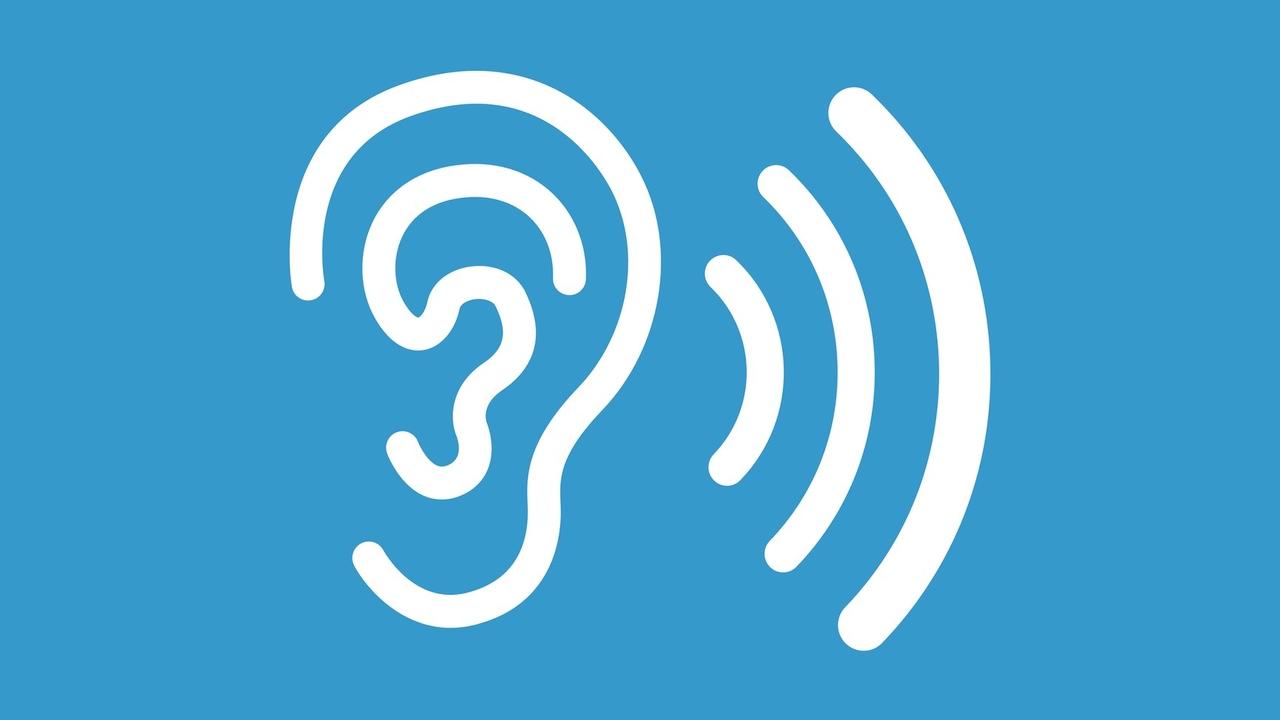112 Medical Students Will Do the Voices Simulation
Jan 19, 2018
On January 29, 2018 Community Care Behavioral HealthTrainers will provide the Hearing Distressing Voices Simulation to 112 first-year medical students from Geisinger Commonwealth School of Medicine. The Hearing Voices Training will be presented to students in two group sessions and will be held at The University of Scranton DeNaples Center in Downtown Scranton, PA. The overall goal of this event is to increase empathy as a way to improve provider/patient relationships and encourage the students to consider more effective ways to help individuals with a psychiatric diagnosis.
As I said in a previous post, my simulation training is not intended to be a voyeuristic experience where participants sit back and listen. Instead, participants have to navigate various "work stations", as if they were in a day treatment program or an emergency room. The trainers role-play being non-recovery oriented, disempowering staff at the various work stations. They are not unkind. Rather they are solely focused on processing people and keeping them on task, even when the tasks are boring or too difficult. They never offer support or inquire about the voice hearing experience leaving participants feeling isolated and ignored. During the debriefing after the simulation, participants talk more about their experience of the "staff", than the experience of the voices. Many vow to never repeat the disempowering practices of the role-playing staff. And that's why the simulation helps participants develop empathy for the humanity and strength of people who hear distressing voices.
A growing body of research supports the observation that my voices simulation helps to increase empathy. For instance, in the 2016 TEMPO study psychiatrists in the UK were given 4 training interventions, the first of which was my hearing voice simulation. Prior to the interventions, psychiatrists tended not to ask much about people's experience of psychosis.This changed after the intervention: "Psychiatrists' effort in establishing shared understanding with their patients was significantly higher after training. Both psychiatrists' and patients' views of the therapeutic relationship improved."
I'm really excited to know that 115 medical students will participate in the voices simulation later this month. Increased empathy will help these medical students understand that our humanity is the common ground which connects us and puts the care back into medical care.

